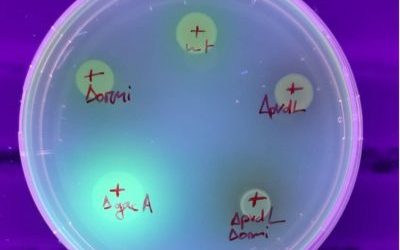RhizoCarbon+
In the context of climate change mitigation and global food security, the storage of organic matter (and associated carbon) in soils is a major issue, which was reflected at COP21 in the international "4 by 1000" initiative. This initiative aims to show that agriculture, and in particular agricultural soils, can play a crucial role in food security and climate change.
While it is well established that increasing organic matter inputs is one of the major agro-ecological levers in terms of practices to be implemented, the levers concerning their maintenance in soils (stabilisation) have not been established to date.
The RhizoCarbone+ project, proposed jointly by BIAM and CEREGE, seeks to remove this barrier.
It has a twofold objective in the service of the environmental transition:
- The objective research aims to test a cultivation practice in a Mediterranean soil, in the laboratory, that is highly favourable to C storage by combining the increase of C inputs by root exudates, their transformation into exopolysaccharides by bacteria and the stabilisation of this C by organo-mineral interactions. Such a challenge requires taking into account the central roles of soil microorganisms.
- The objective training aims to offer an online course (Massive Open Online Course, MOOC) addressing the interdisciplinary complexity, both scientific and socio-environmental, of the "4 by 1000" objectives.
2021-2024: RhizoCarbone+ (in French)
Stimulating the plant-microorganism-mineral continuum to store carbon in soils
Financing: ITEM Institute
Head of CEREGE :
Isabelle Basile-Doelsch
Partner :
- CEA, CNRS, BIAM, LEMIRE, Ecologie Microbienne de la Rhizosphère, St-Paul-lez-Durance
Collaboration :
- GIEE wine cooperative Les Marquets
- The winegrowers of Plan de la Tour, Var
- CP2M, Aix-Marseille University


